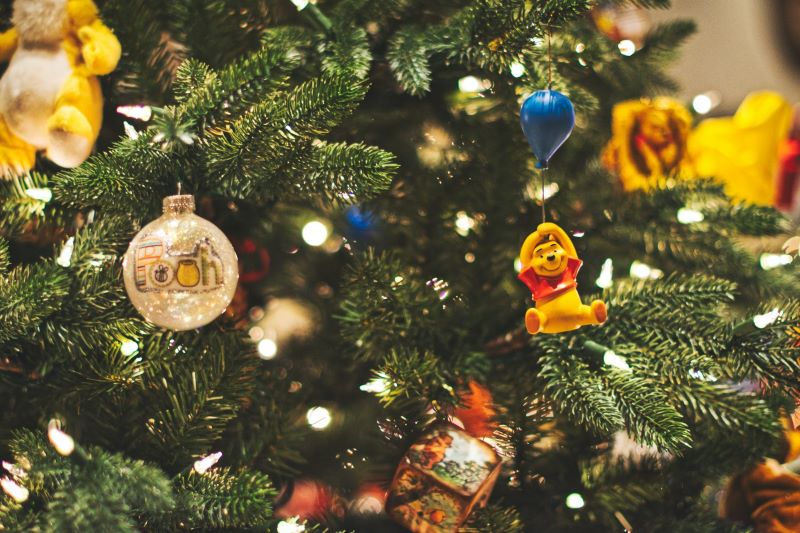The Origins of Christmas: Unwrapping the Myths and Legends
Christmas is a holiday celebrated all over the world with various traditions and customs. It is a time for family, food, and gifts. However, its origins are rooted in ancient pagan traditions and have evolved over time.
The origins of Christmas can be traced back to the celebration of the winter solstice, which occurs around December 21st. This astronomical event marks the shortest day and longest night of the year. To many ancient cultures, such as the Romans and Celts, the solstice was an important day to celebrate the rebirth of the sun and the promise of longer days to come.
As Christianity began to spread throughout Europe, early Christians often incorporated pagan traditions into their own religious practices. This was the case with the celebration of the winter solstice, which was eventually transformed into the Christian holiday of Christmas.
A Time for Feasting: The History of Christmas Food and Drink
Christmas was first celebrated on December 25th in the 4th century by the Roman Catholic Church. The date was chosen as it coincided with the winter solstice and the birth of the sun god, which was already being celebrated by pagans. The early Christian church saw this as an opportunity to replace pagan practices with Christian ones, and thus the celebration of Christ’s birth was moved to December 25th.
However, the exact date of Christ’s birth remains unclear, and some scholars suggest that it may have actually been in the spring. Nonetheless, the celebration of Christmas on December 25th continued to spread throughout Europe and eventually reached America in the 18th century.
Over time, Christmas has become a holiday associated with many customs and traditions. One of the most iconic symbols of Christmas is the Christmas tree. This tradition can be traced back to medieval Germany, where trees were decorated with fruits and nuts during the winter solstice.
Another popular Christmas tradition is the exchange of gifts. This practice is thought to have originated with the story of the three wise men, who brought gifts to the baby Jesus. Today, gift-giving is a major part of the holiday and has even spawned the commercial phenomenon of Black Friday, where retailers offer significant discounts on merchandise.
Christmas is also a time for feasting and enjoying special foods. In many cultures, foods such as roast turkey, ham, and fruitcake are associated with the holiday. In addition, holiday treats such as gingerbread and candy canes are also popular.
In conclusion, the origins of Christmas are rooted in ancient pagan traditions and have evolved over time to become a major Christian holiday celebrated all over the world. While the exact date of Christ’s birth remains unclear, the celebration of his birth on December 25th has become deeply ingrained in our cultural traditions. From Christmas trees to gift-giving and festive feasts, Christmas is a time to come together with loved ones and celebrate the spirit of the season.

